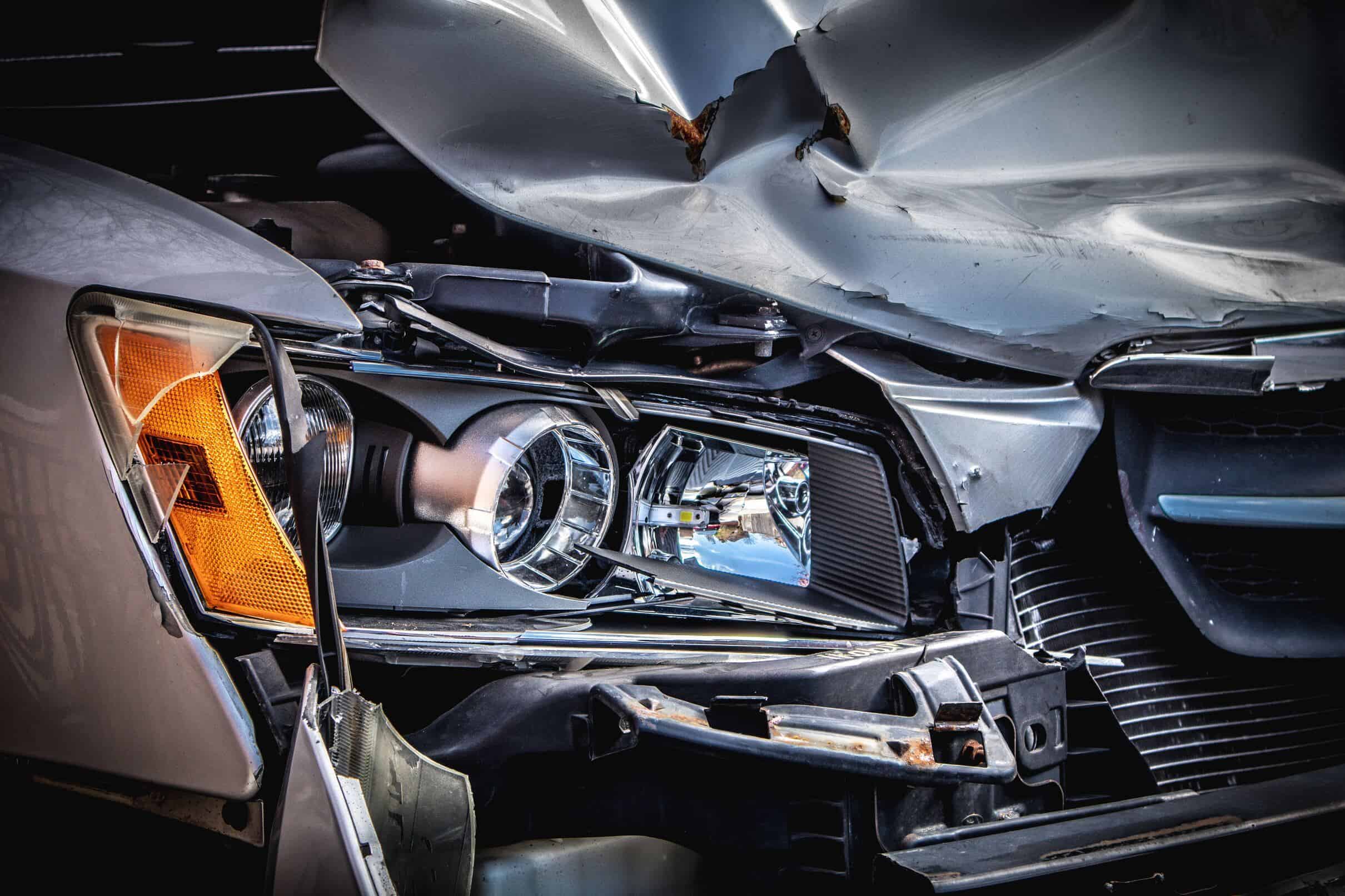Introduction
In the realm of vehicle ownership, accidents are an unfortunate reality. When a car sustains damage, it undergoes various levels of classification to assess its roadworthiness. In the United Kingdom, one such classification is the Category N write-off. Understanding what this designation entails is crucial for both buyers and sellers in the second-hand car market.

What is a Category N Write Off?
A Category N write-off, also known as a Non-Structural or Non-Safety-Related Total Loss, refers to a vehicle that has suffered damage but can be repaired and returned to the road. The categorization is part of the Association of British Insurers (ABI) Code of Practice for the Categorisation of Motor Vehicle Salvage and is used by insurance companies and salvage yards to determine the fate of a damaged vehicle.
Causes of Category N Write Off
Category N write-offs typically result from accidents or incidents that cause damage to the vehicle but do not impact its structural integrity or safety features. Common causes include:
- Minor collisions: Low-speed accidents that cause damage to the bodywork or cosmetic components but don’t compromise the vehicle’s core structure.
- Flood damage: Instances where a vehicle has been submerged in water, resulting in electrical or cosmetic damage but without affecting essential components.
- Fire damage: Vehicles that have been damaged by fire but have not sustained structural or safety-related harm fall into this category.
- Vandalism: Cases where a vehicle has been intentionally damaged but does not have significant structural issues.
Insurance Assessment and Decision

When a vehicle is involved in an accident, the insurance company assesses the extent of the damage. Following this, they pay for the associated repair costs. If the repair costs exceed the vehicle’s pre-accident value or if the insurer determines it is uneconomical to repair, the vehicle may be classified as a write-off.
In the case of Category N, the decision to write off the vehicle is made based on the cost of repairing non-structural damage. This means that the essential safety and structural components remain intact, allowing for cost-effective repairs.
Repairing a Category N Write Off
Once a vehicle is categorised as Category N, it can be sold to salvage yards or individuals willing to take on the repair work. It’s crucial to note that repairs should be carried out diligently, following the manufacturer’s specifications and guidelines. After repairs are completed, the vehicle must undergo a thorough inspection to ensure it meets roadworthy standards before being allowed back on the road.
Selling and Buying Category N Write Offs
Sellers of Category N write-offs must be transparent about the vehicle’s history, including the reason for the write-off and the extent of the damage sustained. This information is crucial for potential buyers to make informed decisions.
Buyers interested in Category N write-offs should approach the purchase with caution. While these vehicles can offer significant cost savings compared to non-damaged counterparts, it’s essential to thoroughly assess the extent of the damage and the quality of repairs performed. Obtaining a comprehensive vehicle history report and having a trusted mechanic inspect the car are crucial steps in the buying process.
Insurance Implications
While Category N write-offs can be reinsured and legally driven on the road once repaired, it’s essential to be aware that some insurance companies may charge higher premiums for previously written-off vehicles. Buyers should contact their insurance providers to understand the implications and potential premium increases before finalizing the purchase.
Options if Your Car is Written Off

On the other hand, discovering that your car has been written off can be a challenging and unexpected situation. However, it’s essential to understand that various options are available to you in such circumstances. Here are the key choices you might consider if your car is declared a write-off:
-
Accept the Insurance Pay-out:
- In many cases, the insurance company will offer you a cash settlement based on the pre-accident value of your vehicle minus any deductibles. You have the option to accept this pay-out and use the funds to purchase a replacement vehicle.
-
Retain the Salvage:
- If you’re attached to your car or believe you can repair it cost-effectively, you may choose to retain the salvage. In this scenario, the insurance company pays you the settlement amount minus the salvage value of the car. Keep in mind that repairing a written-off vehicle involves meeting certain safety and legal standards before it can be back on the road.
-
Negotiate the Settlement:
- If you feel that the insurance company’s initial offer does not adequately compensate you for the value of your vehicle, you have the right to negotiate. Present evidence such as recent maintenance records, modifications, or upgrades that could affect your car’s value. It’s essential to provide a comprehensive case for why you believe the settlement amount should be adjusted.
-
Challenge the Write-Off Classification:
- Sometimes, disagreements may arise regarding the severity of the damage and the categorisation of the write-off. If you believe your car has been wrongly classified, you can contest this decision. Provide evidence, such as independent assessments or repair quotes, to support your case. Be prepared for a thorough review of the evidence by the insurance company.
-
Purchase a Replacement Vehicle:
- With the insurance pay-out in hand, you can choose to buy a replacement vehicle. This might be a similar make and model or an entirely different vehicle based on your preferences and needs. Ensure that you research thoroughly, considering factors such as safety features, fuel efficiency, and resale value.
-
Consider GAP Insurance:
- If you have Guaranteed Asset Protection (GAP) insurance, it can bridge the gap between the current market value of your car and the amount you owe on your auto loan. This can be particularly beneficial if you owe more on your loan than the insurance settlement covers.
-
Notify the DVLA:
- If your car has been declared a total loss, you must inform the Driver and Vehicle Licensing Agency (DVLA). This ensures that the necessary administrative processes are completed, and the vehicle is appropriately recorded as written off.
-
Explore the Second-hand Market:
- If you’re open to purchasing a used vehicle, consider exploring the second-hand market. You may find a comparable or even an upgraded model within the range of your insurance pay-out.
Finally in any case, communication with your insurance company is crucial throughout the process. Discuss your options, ask questions, and ensure that you have a clear understanding of the terms and conditions. Being informative and proactive will help you navigate the aftermath of a write-off and make decisions that align with your preferences and financial considerations.
Conclusion
In conclusion, category N write-offs play a significant role in the UK’s salvage and second-hand car market. Understanding the implications of this classification is vital for both sellers and buyers. While these vehicles can offer cost-effective alternatives, it’s crucial to approach the transaction with due diligence. This ensures transparency, thorough inspections, and adherence to safety standards. When you consider selling a Category N write-off or purchasing one, being well-informed is the key to making wise decisions.
Here at Choose My Car, we want our readers to be well informed. Part of this is knowing how to check for the tell tale signs a car has been written off in the past. If you need a new car, get in-touch today and one of our team will be on hand to help!





